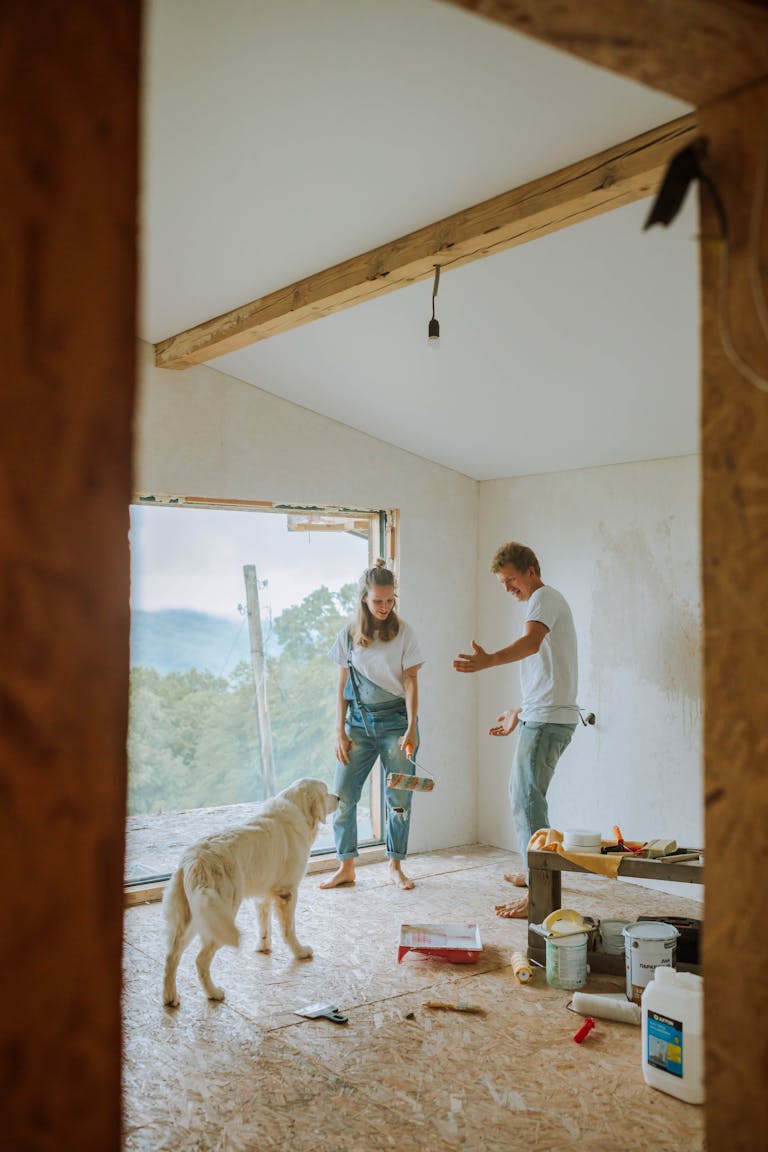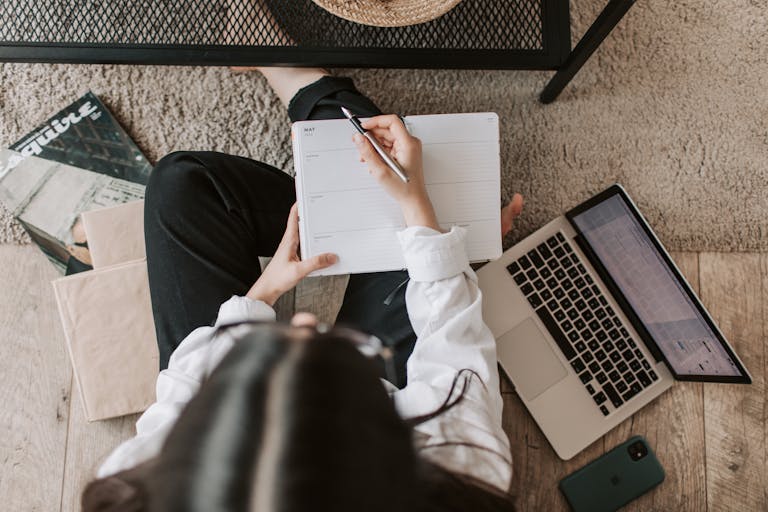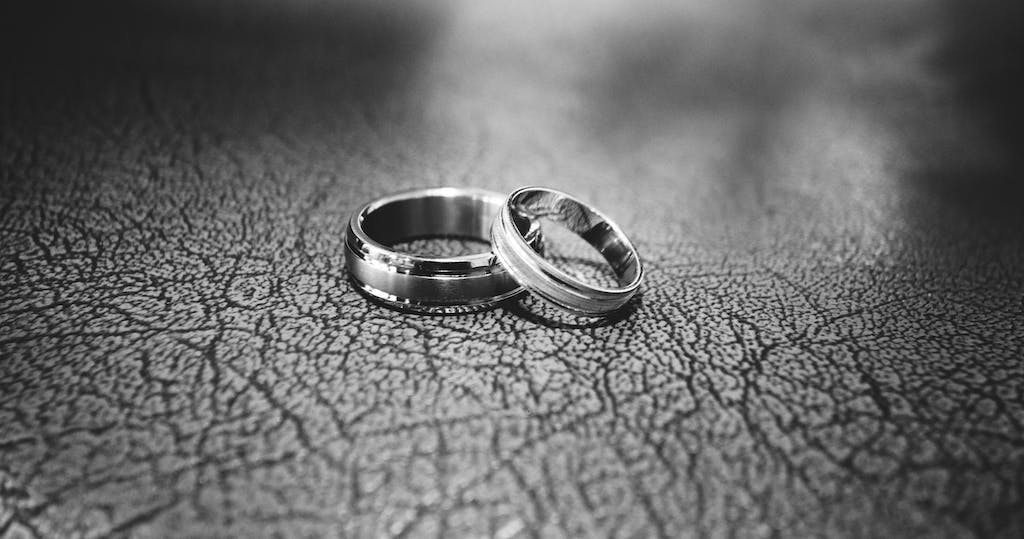If you’re planning to buy a property – whether it’s your first home, an investment, or a family upgrade – one of the biggest questions you’ll have is around the home loan deposit. How much deposit do you need? When do you pay the deposit? What happens if you don’t have enough deposit?
In this guide, we break down everything you need to know about home loan deposits in Australia.
What Is a Home Loan Deposit?
A home loan deposit is the initial lump sum you contribute towards the purchase of a property. It represents your ownership stake from the beginning and helps reduce the amount you need to borrow from a lender.
How Is the Deposit Calculated?
Deposits are typically calculated as a percentage of the property’s purchase price. For example:
- On a $600,000 home, a 20% deposit = $120,000
- On a $450,000 home, a 10% deposit = $45,000
The higher your deposit, the less you need to borrow, and the lower your monthly repayments.
What’s the Minimum Deposit Required?
This depends on several factors, including the lender, your financial profile, and the type of loan. Here’s a general guide:
- Ideal deposit: 20% (avoids Lenders Mortgage Insurance)
- Minimum deposit: As little as 5%, depending on the lender and your eligibility
- Some lenders accept 2–3% genuine savings with assistance from grants or guarantors
Why Do You Need a Deposit?
Lenders use your deposit as a sign of financial responsibility. It shows you’ve saved consistently and are less likely to default. Your deposit also:
- Reduces your loan-to-value ratio (LVR)
- Affects your interest rate and borrowing power
- May help you avoid Lenders Mortgage Insurance (LMI)
Who Needs the Deposit?
All buyers – whether first-home buyers, upgraders, or investors – will need a deposit unless they’re using a guarantor loan or purchasing 100% with cash.
How and When Do You Pay the Deposit?
There are two main points in the process where the term “deposit” is used:
1. Holding Deposit / Contract Deposit
- Paid when you sign the contract of sale
- Typically 5–10% of the purchase price but can be any amount
- Usually paid to the real estate agent trust account until settlement
- Shows serious intent and locks in the deal
This can form a part of your total deposit, you don’t have to save two separate amounts, but you will need to have the balance of the deposit available on or before settlement.
2. Loan Deposit
- This is the gap between your purchase price and your loan amount
- Paid at settlement, usually via your conveyancer or settlement agent
- Includes any grants, savings, or other contributions
These two “deposits” are often confused, but both are important parts of the home buying process. As mentioned above, although you might pay a deposit to the real estate agent upon the acceptance of your offer, this CAN be used towards your total deposit requirements for the lender.
Where Is the Deposit Held?
The contract deposit is usually held in a trust account (often by the real estate agency or legal representative). It is held safely until:
- The purchase settles, or
- The contract is terminated under valid conditions
Can I get my deposit back if something goes wrong?
Yes, you can get your deposit back if the deal falls over—but it depends on why the deal falls through and what’s outlined in the contract.
Here’s a breakdown:
You may get your deposit back if:
Finance Clause Isn’t Met
- If your contract is subject to finance and you’re unable to get formal loan approval by the deadline, you can usually terminate the contract and receive your full deposit back.
- You must follow the correct procedure and timelines.
Building and Pest Issues
- If the contract is subject to a satisfactory building and pest inspection and serious issues are found, you can usually withdraw and get your deposit refunded.
Cooling-Off Period (varies by state)
- Most Australian states offer a cooling-off period for private sales (usually 2–5 business days).
- You may cancel during this time—but some states allow the seller to keep a small portion of the deposit (e.g., 0.25–0.5% of purchase price).
Seller Breaches Contract
- If the seller can’t settle or breaches a term of the contract, you may be entitled to cancel and receive your deposit back.
You may lose your deposit if:
You Change Your Mind Without Cause
- If you back out after unconditional exchange or without relying on a contract condition, the seller may be entitled to keep your deposit.
You Miss a Condition Deadline
- Not securing finance or meeting inspection dates on time can void your protections.
Breach of Contract
- If you fail to settle without a valid reason (e.g. insufficient funds), you could forfeit the deposit and possibly face legal action.
Tips to Protect Your Deposit:
- Always include subject to finance and building and pest clauses
- Work with an experienced settlement agent or conveyancer
- Know the contract deadlines and communicate with your mortgage broker and agent
- Get advice before signing anything if you’re unsure
How Does the Deposit Fit into the Total Loan?
Let’s say you’re buying a $500,000 property:
- You contribute $100,000 deposit (20%)
- You take out a $400,000 loan (80%)
At settlement, your deposit and the loan funds come together to complete the purchase. If you’ve already paid a contract deposit (e.g. \$25,000), the remainder is paid at settlement.
What If You Don’t Have Enough Deposit?
Don’t stress—there are still great options available:
1. Low Deposit Home Loans
- Some lenders accept deposits as low as 5%
- Ideal for buyers with good income but limited savings
2. Guarantor Loans
- A close family member (usually a parent) offers equity in their property as security
- Can allow you to borrow up to 100% of the purchase price + costs
Learn more about Guarantor Loans here.
3. First Home Buyer Grants & Schemes
Depending on your state, you may be eligible for:
- First Home Owner Grant (FHOG)
- First Home Guarantee (formerly FHLDS)
- Stamp duty concessions
- Shared equity schemes
These can significantly reduce the amount of deposit you need upfront.
Your deposit is more than just money – it’s the foundation of your home loan and your future. Whether you’re just starting to save or ready to buy, understanding how deposits work puts you in a stronger position to make smart property decisions.
If you’re a first home buyer, check out our ultimate guide to buying your first home here.
Need help working out your deposit options? Speak to one of the best mortgage brokers in Perth today. We’ll guide you through every step – from savings plans and government grants to securing a competitive loan with the right lender for your needs.
Ready to get started or have questions?
📞 Book your discovery call today or apply online now.





